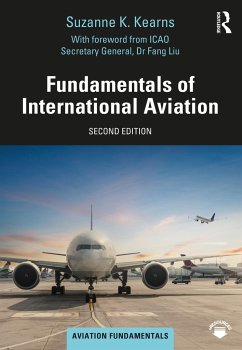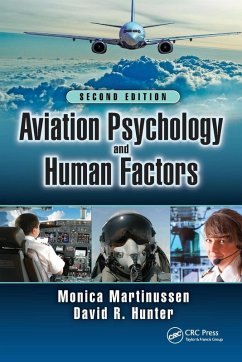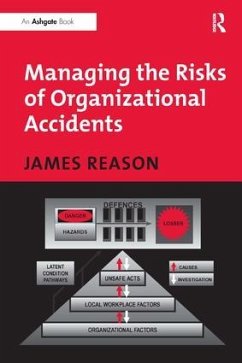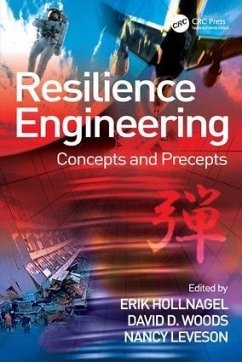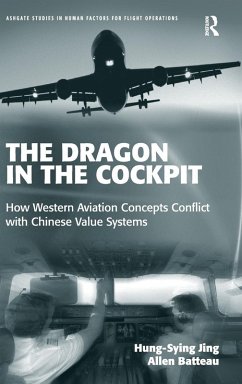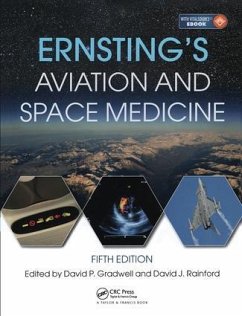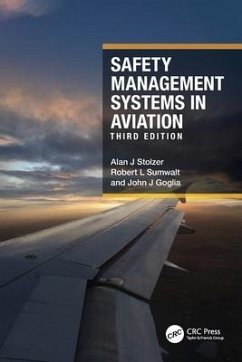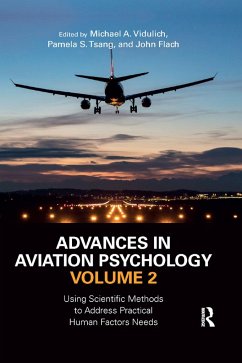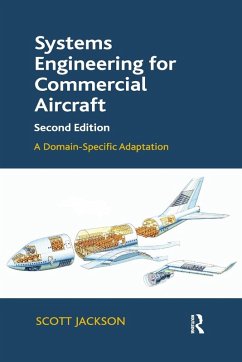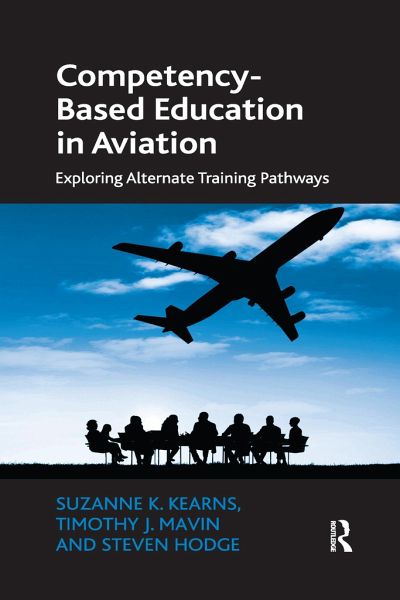
Competency-Based Education in Aviation
Exploring Alternate Training Pathways
Versandkostenfrei!
Versandfertig in 6-10 Tagen
37,99 €
inkl. MwSt.
Weitere Ausgaben:

PAYBACK Punkte
19 °P sammeln!
Whether a trainee is studying air traffic control, piloting, maintenance engineering, or cabin crew, they must complete a set number of training 'hours' before being licensed or certified. The aviation industry is moving away from an hours-based to a competency-based training system. Within this approach, training is complete when a learner can demonstrate competent performance. Training based on competency is an increasingly popular approach in aviation. It allows for an alternate means of compliance with international regulations - which can result in shorter and more efficient training prog...
Whether a trainee is studying air traffic control, piloting, maintenance engineering, or cabin crew, they must complete a set number of training 'hours' before being licensed or certified. The aviation industry is moving away from an hours-based to a competency-based training system. Within this approach, training is complete when a learner can demonstrate competent performance. Training based on competency is an increasingly popular approach in aviation. It allows for an alternate means of compliance with international regulations - which can result in shorter and more efficient training programs. However there are also challenges with a competency-based approach. The definition of competency-based education can be confusing, training can be reductionist and artificially simplistic, professional interpretation of written competencies can vary between individuals, and this approach can have a high administrative and regulatory burden. Competency-Based Education in Aviation: Exploring Alternate Training Pathways explores this approach to training in great detail, considering the four aviation professional groups of air traffic control, pilots, maintenance engineers, and cabin crew. Aviation training experts were interviewed and have contributed professional insights along with personal stories and anecdotes associated with competency-based approaches in their fields. Research-based and practical strategies for the effective creation, delivery, and assessment of competency-based education are described in detail.





